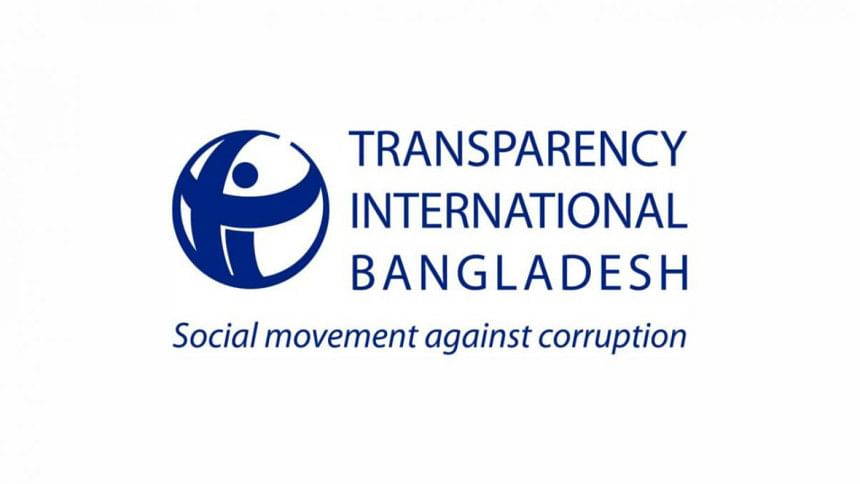Bribery institutionalised in sub-registrar offices

In a typical reaction from the authorities, the research report titled "Challenges of Good Governance in Land Deed Registration Service and Way Forward" by Transparency International Bangladesh (TIB), has been trashed as ill-motivated. The research was done over a 12-month period and data was collected from 16 district offices of registrars and 41 offices of sub-registrars (out of 497 such offices nationwide) in those districts.
The report tells us that during the 2017-18 fiscal year, nearly 37 lakh deeds were registered under the Directorate of Registration earning the government around Tk 12,433 crore. We also learn that practically the entire hierarchy involved in the land registration process is open to graft. Respondents have stated that they had to pay up to Tk 5 lakh extra for registration and the "extra fee" that was distributed among officials at different levels. It is astonishing to learn that up to Tk 20 lakh may be the negotiated price for an individual to get transferred to the position of a sub-registrar. If that is indeed the case, then it is quite natural for such officials to find ways to recuperate the investments they had to make to get to a particular position in the sub-registrar office.
That bribery exists in various forms in the land registration offices is a well-known fact. Land registration is the most harassing and costly experience in Bangladesh. While it may be expedient to throw the TIB report in the bin because that means no administrative action needs to be taken to ensure transparency and accountability, it would simply perpetuate the culture of corruption. Or, the administration can start implementing its plans to digitise the land registration and other land-related services—which has been gathering dust for years. Authorities can deploy the anti-corruption commission to identify and punish the guilty parties who have service seekers in a stranglehold. Instead of simply denying the existence of what is obviously institutionalised graft in these offices, would it not be better to look into the allegations and take appropriate steps? The government's zero tolerance policy on corruption should target the land registration offices without delay.

 For all latest news, follow The Daily Star's Google News channel.
For all latest news, follow The Daily Star's Google News channel. 



Comments